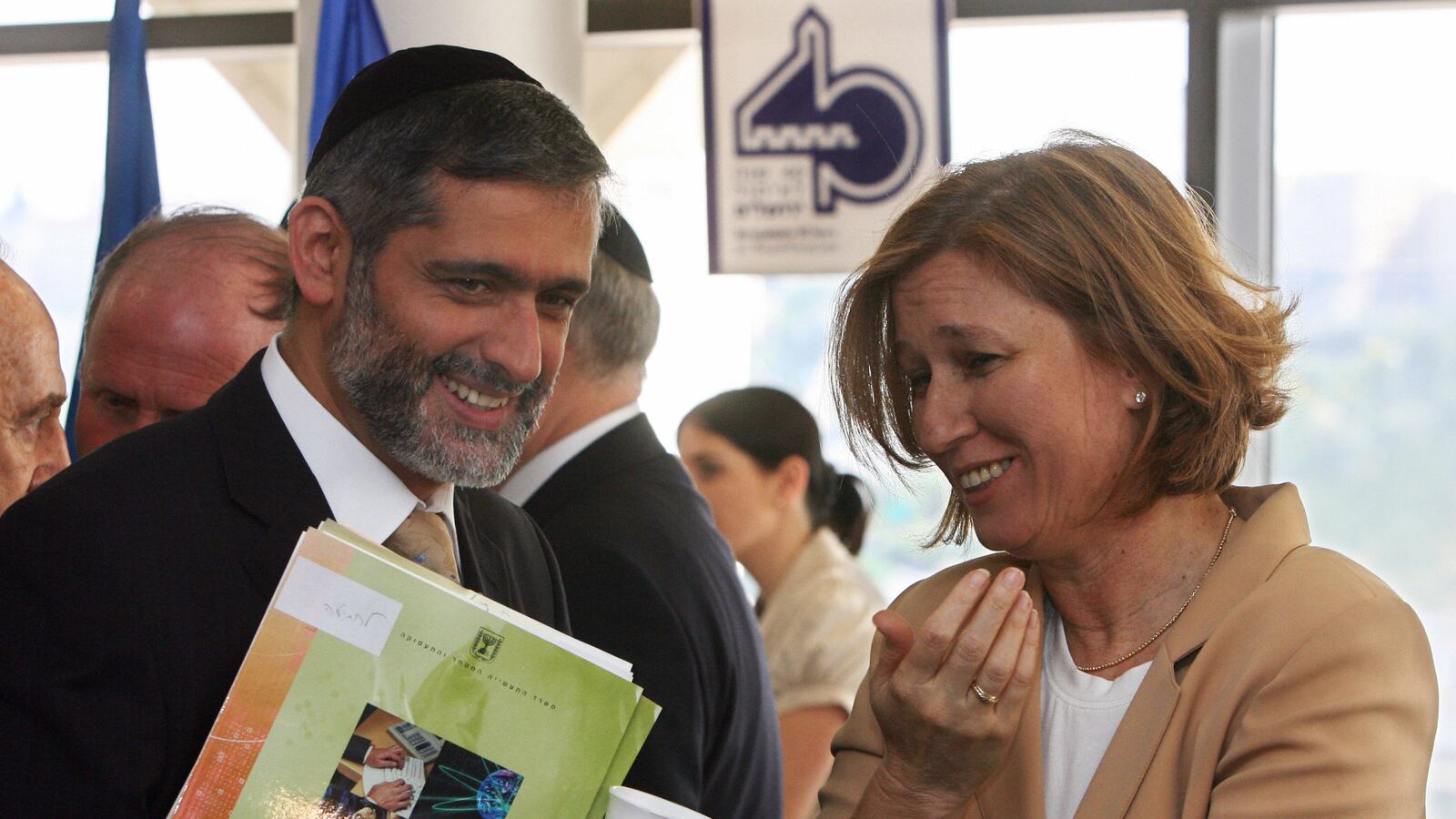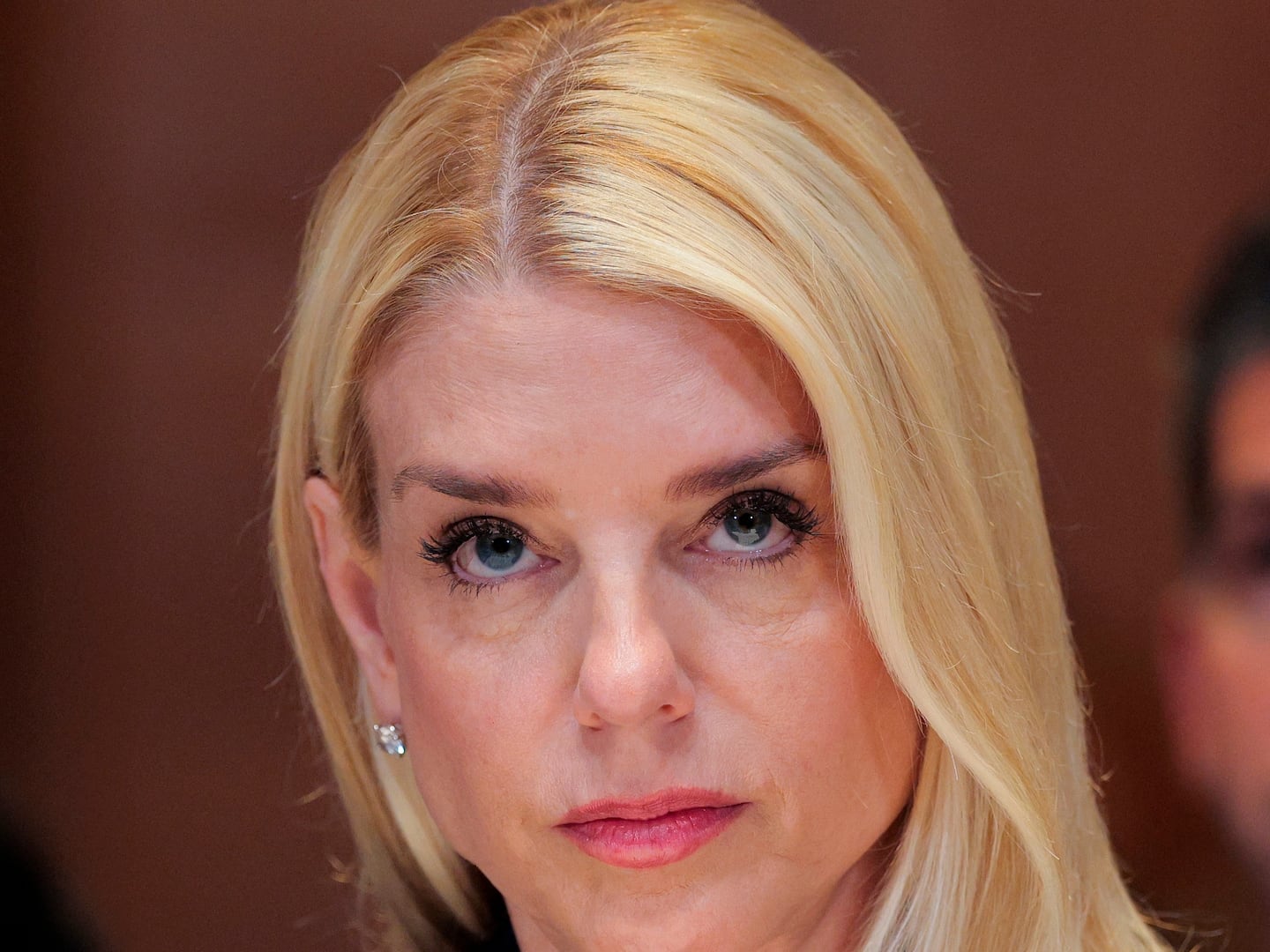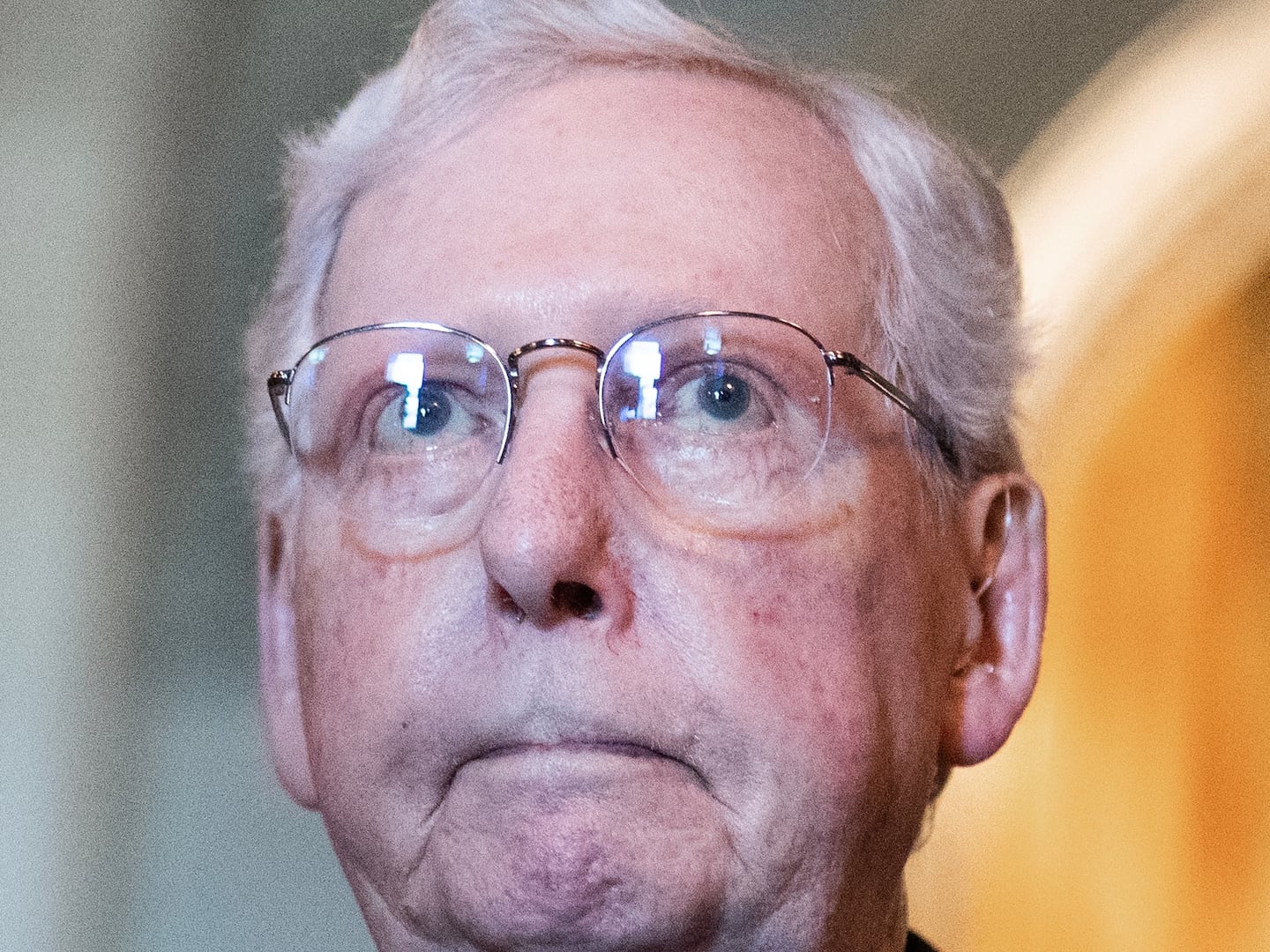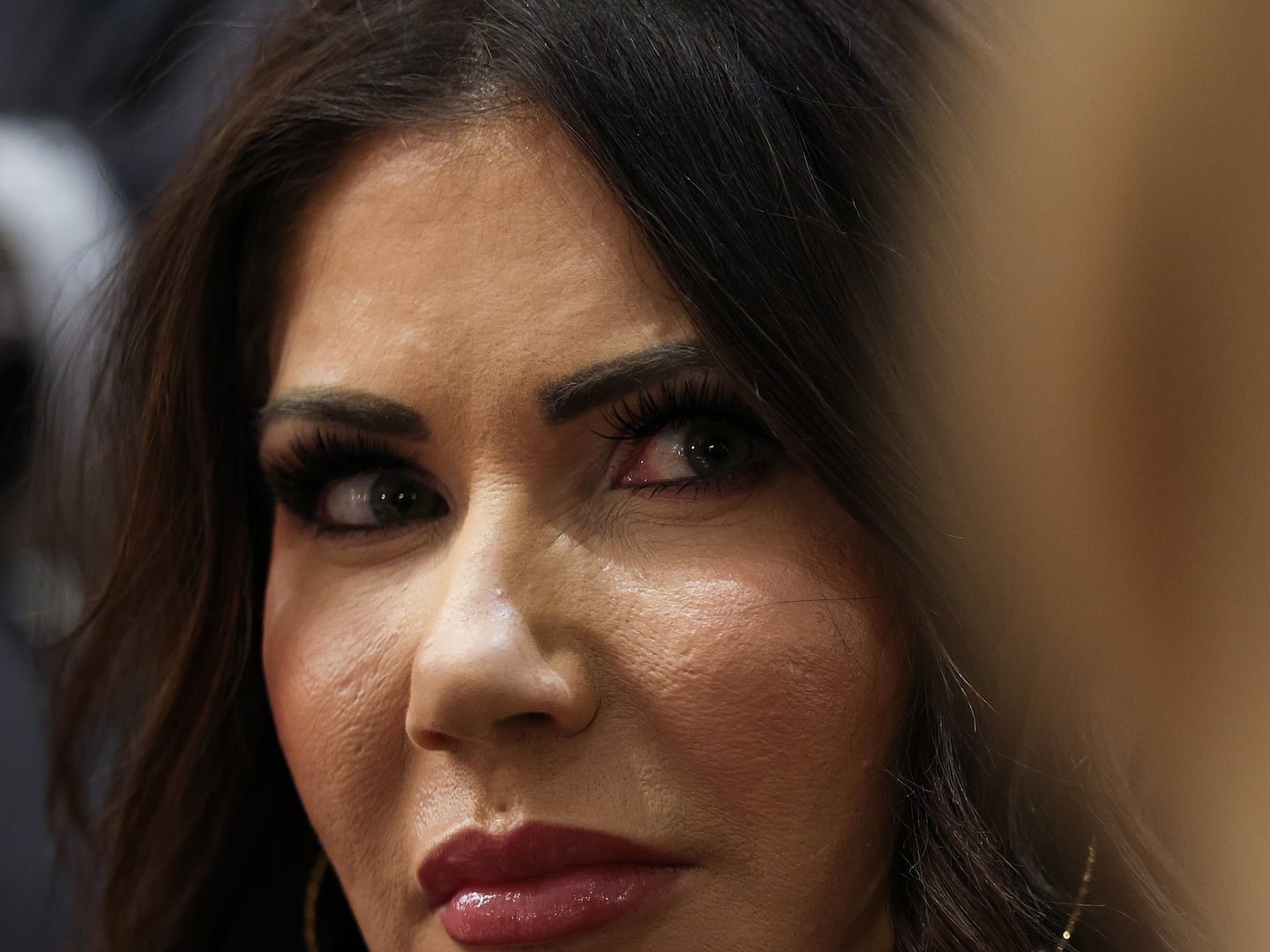Why is Eli Yishai smiling? By all accounts, the leader of Israel’s Shas party should be having a bad week: everyone seems to agree that the puzzling Mofaz-Netanyahu merger, while it won’t affect dealings with Iran or the Palestinians, is a death knell for draft exemptions and massive subsidies for Haredim. David Horovitz calls it a “genuine opportunity”; Jeff Goldberg thinks Kadima’s seats means Netanyahu won’t fear “the loss of his ultra-Orthodox coalition partners”; here at Open Zion, Bernard Avishai’s expressed hope for a new “globalist” coalition against religious and other extremists. And yesterday, the new coalition unveiled plans to replace the Tal Law (which granted Haredim draft exemptions) with Kadima’s plan for universal national service.
Instead, Yishai praised the deal, saying, “The prime minister shared the whole move with me… the move does not contradict the coalition agreement with Shas.” Nor are other Haredim freaking out: Ynet reports that Bibi met with—and palliated the fears of—ministers from United Torah Judaism, the party of Ashkenazi Haredim. If real reform were in the air, Shas and UTJ would be bouncing off the walls.

So why aren’t they? Well, in the first place, they outnumber Kadima. In the now-hypothetical elections, Haredi parties would have won seventeen seats to Mofaz’s eleven. If Netanyahu is ever forced to choose between Kadima and the Haredim, it’s that number that matters, not Kadima’s current electoral position: the fact is, Mofaz commands fewer votes than it might seem. Worse, those eleven are a steep decline from Kadima’s earlier results (28 seats in the last elections). In the long-term, a party built on Ariel Sharon’s personal charisma and mostly made up of ex-Likudniks never had much of a future. If Mofaz hadn’t joined Netanyahu, he was headed for political irrelevance anyway.
But the Haredim have something better than numbers: they have Bibi. The prime minister’s long been in favor of reforming the Tal Law, even before the Supreme Court declared it illegal in February—just not in the way you think. In late April, he called for a “more equal, just and fair balance for the state of Israel and all of its citizens, Arabs and Jews as one.” Note the emphasis on Arabs—his proposed Tal reform is aimed at them, and not at the Haredim, whom he addressed by cautioning others “not to incite one part of the public against another part." Likewise, last Sunday, addressing the Camp Sucker protestors (who favor universal national service), Netanyahu said, “The division of the burden must be changed… The new law will also include civilian service for Arabs.” But he did not say a word about the Haredim.
Since the Kadima plan is subject to Likud “modifications,” (and, as Shmarya Rosenberg pointed out, the final bill will be administered by Netanyahu’s government), the odds are slim for substantial change on Haredi enlistment. More likely, Israeli Arabs—whose political parties are entirely excluded from coalition politics and who are thus easier targets—will bear the brunt of a new national service law.
But the idea of a grand reform—a bold new plan to unify Israel, share responsibility more equally, and revitalize the Zionist dream—has certainly helped Mofaz sell his sordid, opportunistic betrayal of his pledge to oppose a government that, in his words, epitomizes “all that is wrong with Israel.” And based on the responses from mainstream pundits, it looks like we’re buying.






